Photo by Lucas George Wendt / Unsplash
By George Christie
We’ve mostly all come to recognize men’s college football and basketball teams as de facto minor league franchises for the pro sports betting machine, justified under the excuse “that’s how we fund women’s volleyball.” We tacitly accept, therefore, that alumni and FanDuel have a far greater impact on collegiate administrations than science and research. But it is rarely so blatant as when a major pipeline for pro sports betting, Duke University, realizing no one bets on when the next new botanical insight will come from one of their more than 825,000 plant specimens,* decides to shutter their herbarium.
Yes. A tad cynical. But, when our own governor fails to include money in his 2024 budget for open space and farmland protection, even when Rhode Island’s farmlands are under immense threat of development, cynicism tends to bubble near the surface.
Ah, but aren’t we supposed to be talking about native plants and gardens? What difference does one herbarium make, especially when the majority of specimens will end up in collections elsewhere? Perhaps unsurprisingly, I, who work storing data on Rhode Island rare plants, have an opinion.
Let’s start with the first question. Yes, I talk about native plants and gardening. But I don’t do so in a vacuum. Nor does my knowledge derive solely from personal experience. All the information I pass along, rests in part on the efforts of the botanists who have searched the fields, shorelines, hills, and forests of North America to collect, define, and catalog the plants they saw there. How do I know a plant is native to North Carolina? Because somewhere in the specimens preserved at Duke, there is an herbarium card from the early 1800s to which a dried stem of that plant is attached.
Personal experience is a wonderful thing, it tells me that the bunnies really don’t want my blueberry bushes to succeed in my Potowomut yard. But, absent higher levels of organization, my experience remains just that, isolated fact and thought. Only through the collective repository of knowledge do these facts reveal their true treasures, range maps of species, habitat preferences, and/or relationships to rainfall and temperature gradients. Sure, such things can emerge from modern online programs such as iNaturalist, but even these programs depend on trained specialists working with historical collections to validate their observations.
But, what about the fact that most of the specimens will end up elsewhere? That only some duplicates or irrevocably damaged specimens will be culled? Hum. Have you ever moved anything fragile? I’m sure all due care will be taken with the collection, but we’re talking 100-year-old dried leaves on, basically, card stock. Damage, however unintended, will occur.
Furthermore, it is the emergent nature of a collection that its value derives not only from the individual specimens but from their associations within and throughout the collection. It is one thing to get digital images of the plants collected at a specific site by a specific person on a late-May afternoon in 1893, it is quite another to sit at a table with those plants arrayed in front of you. There is a uniformity of design and goal that emanates from a historical collection, a connection to locales and people who, once upon a time, crossed paths and, in so doing, bequeathed to us, through their work, a unique storehouse of knowledge.
Born just a decade after the end of World War II, I grew up in a world where the natural sciences were a vital part of our expanding knowledge of the world in which we lived. I mistakenly thought it would always be so. In the year I turn 70, I now understand that all human endeavor is cyclical, and that every period of great scientific growth has stumbled within a societal sense that the freshly invented wheels spin too fast. But, today, here and now, with our natural world under such threat, the idea that botany is of so little import that a major university can toss its herbarium specimens into the air, and trust others to snatch what they can from the breeze, saddens me no end.
No matter the final fate of the Duke Herbarium, it is highly unlikely the men’s basketball team will make it to the Elite Eight this year. Fortunately, the betting will be heavy either way, so FanDuel, the NBA and Duke’s status as a vital part of the sports betting machine will, unlike the esteemed legacy of their herbarium, remain intact.
George Christie studied entomology and landscape architecture and has worked in mosquito control, environmental education and garden design and plant sales. He currently works for the Rhode Island Natural History Survey managing their rare species database.

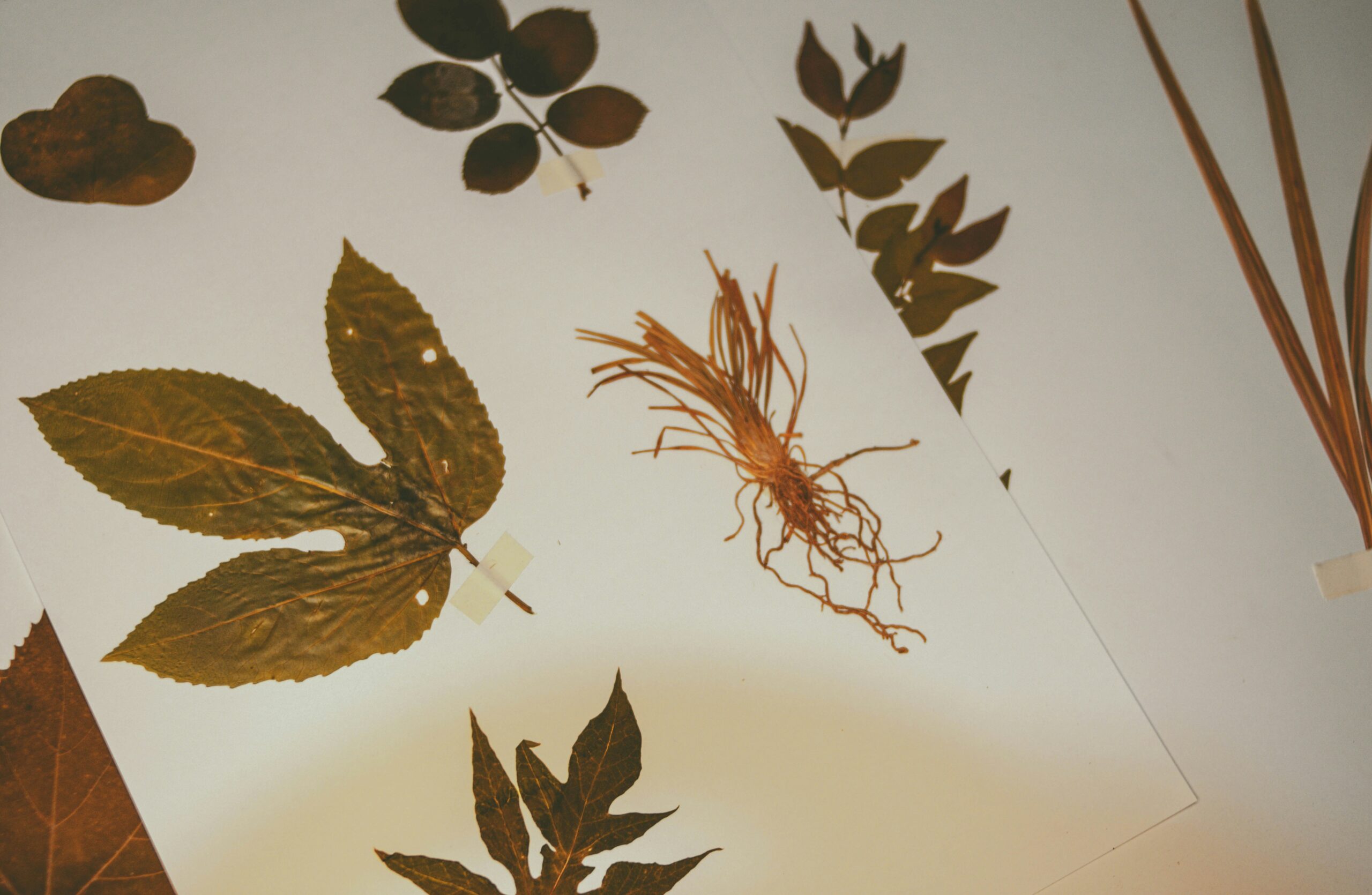
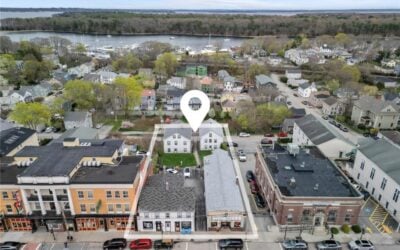
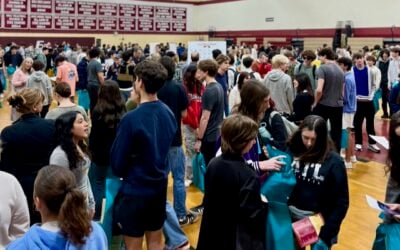
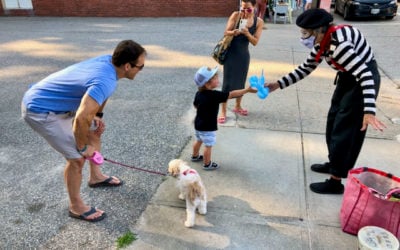
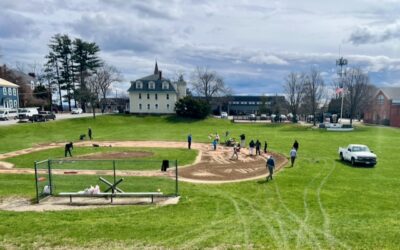
 Subscribe
Subscribe
Escarole makes the world go round.